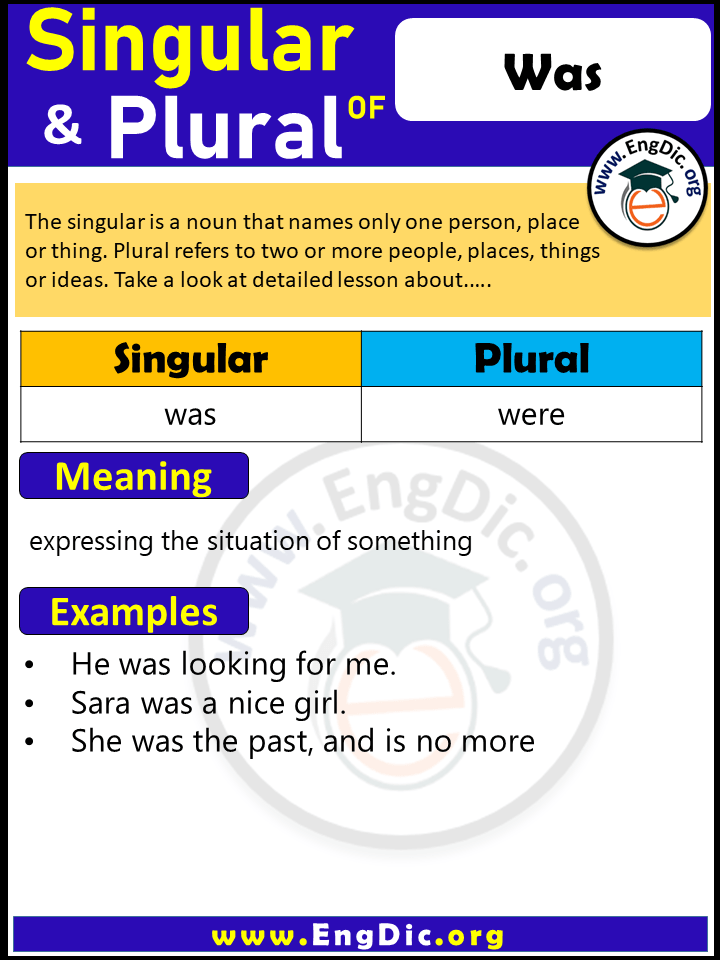Meaning: a person employed for wages or salary.
Plural of Employee
| Singular | Plural |
| Employee | Employees |
Synonyms
- worker
- staff member
- representative
- operator
- member
- laborer
- clerk
- attendant
- assistant
Employee as a Singular Noun in Example Sentences:
- The employee greeted the customers as they entered the store.
- The employee answered phone calls and took messages.
- The employee worked diligently to meet the deadline.
- The employee attended a training session to improve their skills.
- The employee received a promotion for their outstanding performance.
- The employee followed the company’s dress code policy.
- The employee handled customer complaints with professionalism.
- The employee completed the assigned tasks efficiently.
- The employee received a paycheck at the end of the month.
- The employee took a vacation to recharge and relax.
Employee as a Plural Noun in Example Sentences:
- The employees gathered for the annual company meeting.
- The employees worked together to launch the new product.
- The employees collaborated on a project to improve efficiency.
- The employees participated in a team-building activity.
- The employees attended a conference to expand their knowledge.
- The employees celebrated the company’s anniversary with a party.
- The employees supported each other during busy periods.
- The employees received recognition for their hard work.
- The employees enjoyed the benefits offered by the company.
- The employees contributed ideas to enhance workplace productivity.
Singular Possessive of Employee
The singular possessive form of “Employee” is “Employee’s”.
Examples of Singular Possessive Form of Employee:
- The dedication of the employee’s to their work is admirable.
- Can I request the employee’s assistance with this task?
- The responsibility for the project falls on the employee’s shoulders.
- Employee’s commitment to customer satisfaction is outstanding.
- I’m impressed by the employee’s efficiency and productivity.
- Employee’s contribution to the team’s success is significant.
- Can I learn about the employee’s career progression within the company?
- The performance evaluation measures the employee’s achievements.
- Employee’s professionalism sets a positive example for others.
- Employee’s expertise adds value to the organization.
Plural Possessive of Employee
The plural possessive form of “Employee” is “Employees'”.
Examples of Plural Possessive Form of Employee:
- The collective efforts of the employees’ contribute to the company’s growth.
- Can we gather feedback from the employees’ regarding company policies?
- The success of the projects depends on the employees’ collaboration.
- What are the expectations for the employees’ performance?
- The diversity of the employees’ skills strengthens the team.
- Employees’ dedication to their respective roles is commendable.
- Can we recognize the achievements of the employees’ through awards?
- The satisfaction survey measures the employees’ job satisfaction.
- Employees’ engagement drives organizational success.
- Employees’ well-being should be a priority for the organization.






